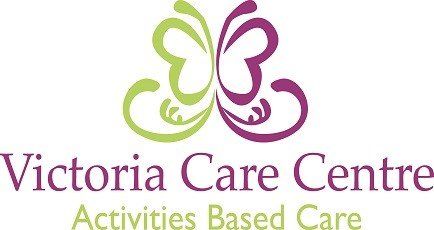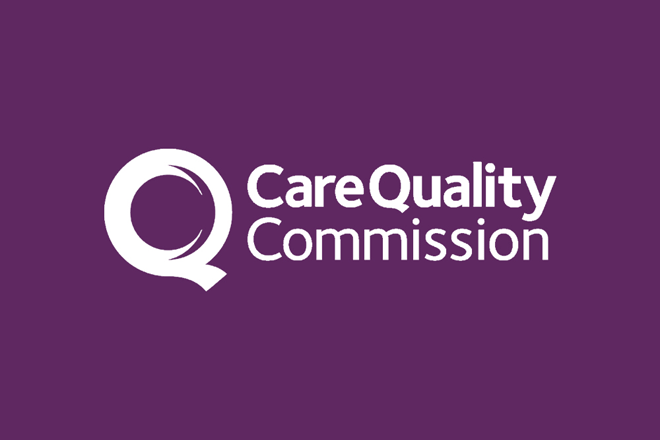Our Comprehensive Care Approach
Residents experiencing Prolonged Disorders of Consciousness (PDoC) require continuous specialist care within a dedicated clinical environment. This setting is vital for effectively monitoring and assessing levels of consciousness, ensuring timely evaluation of any changes. The fluctuation in consciousness can often lead to misdiagnosis unless the multidisciplinary team (MDT) is specifically trained in PDoC and thoroughly understands the sensory and motor impairments that may follow a brain injury.
Understanding Disorders of Consciousness
Consciousness encompasses both wakefulness and awareness:
- Wakefulness refers to the basic ability to open one’s eyes and engage in simple reflexes such as coughing, swallowing, and sucking.
- Awareness involves more complex cognitive processes and is considerably more challenging to evaluate.
Our Comprehensive Care Model
At Victoria Care Centre, we provide a robust assessment, management, and care planning framework for our residents with PDoC. Our GP-led multidisciplinary team includes:
- Physiotherapists
- Occupational Therapists
- Speech and Language Therapists
- Rehabilitation Assistants
- Nurses
- Activities Team
- Community Dietitians
Types of Prolonged Disorders of Consciousness
We specialise in the care for the following types of PDoC:
- Vegetative State (VS): The individual is wakeful but lacks awareness and cannot respond to stimuli or communicate.
- Locked-in Syndrome: The individual maintains full awareness and can blink or move their eyes but cannot move or speak.
- Minimally Conscious State (MCS): The person shows some signs of awareness, such as making eye contact or reaching for objects.
Specialised Care Environment
The Grove and Mews Units at Victoria Care Centre work closely with each resident to create an optimal recovery atmosphere that enhances interaction and engagement and contributes to effective assessments. The MDT is dedicated to supporting each individual's quality of life, focusing on clinical observations that reveal possible awareness of self and surroundings.
The team also aims to mitigate symptoms associated with PDoC, including muscle tone, skin integrity maintenance, and prevention of respiratory infections, which can arise due to immobility.



